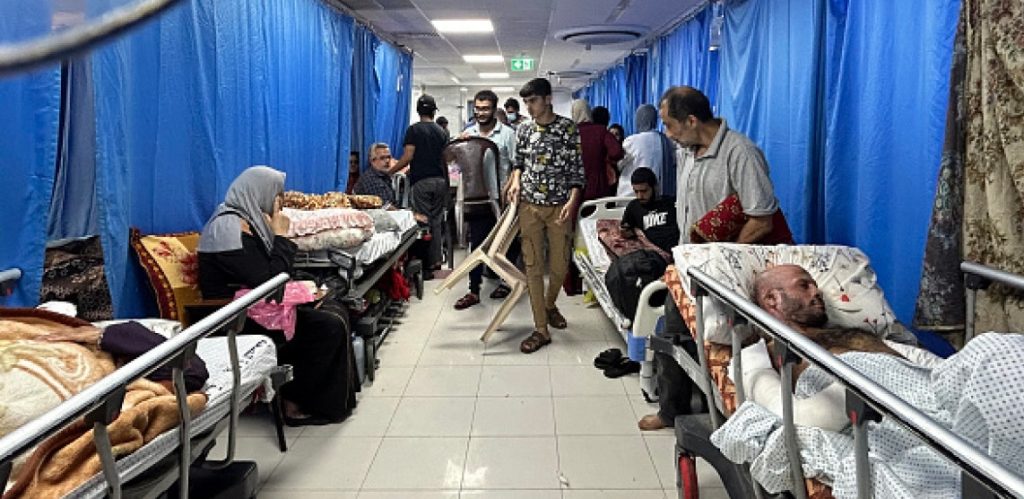
Wounded Palestinians in hospital after Israeli raids
Crippling costs force closure of 20% Nigeria’s small, medium hospitals
Around 20% of Nigeria’s small and medium-sized private hospitals have closed down due to soaring operating costs, leaving owners needing help to sustain operations.
Adeyeye Arigbabuwo, the national chairman of the Health Care Providers Association of Nigeria Committee on NHIA Matters, revealed this alarming trend.
Arigbabuwo disclosed that many healthcare providers are shutting down their facilities and considering options like selling off, seeking mergers, or diverting investments into other industries like hospitality.
”The escalating costs have pushed both employers and employees to the brink, highlighting the severity of the situation,” he noted.
According to data from the Federal Ministry of Health, as of mid-2021, Nigeria had 40,368 hospitals and clinics, with private facilities accounting for 10,900 and public facilities for 29,468.
Private hospitals discharge about 70% of healthcare services despite the more significant number of public facilities.
”The primary drivers of the financial strain on hospitals include the unpredictable costs of medical supplies due to unstable foreign exchange rates, high inflation, soaring electricity bills, and staff shortages, including clinical staff such as nurses and doctors.
”The recent 300% increase in electricity tariffs by the Nigerian Electricity Regulatory Commission has further exacerbated the situation, significantly adding to hospitals’ operational expenses,” Arigbabuwo added.
Kehinde Oyesiku, the chief business officer of Evercare Hospital, Lekki, highlighted the substantial costs associated with powering essential medical equipment and maintaining uninterrupted power supply, which are crucial for critical healthcare services.
In response to the mounting challenges, he said hospitals are exploring various strategies to mitigate costs sustainably.
”However, the prevailing economic conditions and operational constraints continue to pose significant hurdles,” he noted.
Experts advocate for consolidation within the sector to address the crisis and ensure the sustainability of healthcare services.
Mergers and acquisitions led by health investment funds are seen as viable solutions to strengthen struggling hospitals and enhance their negotiating power with stakeholders like Health Maintenance Organizations.
In a related development, the Registrar of the Medical Laboratory Science Council of Nigeria, Tosan Erhabor, recently revealed that 10,697 medical laboratory scientists have left the country.
Speaking to reporters, Erhabor highlighted the critical need for a policy from the Federal Ministry of Health to address the trend.
Erhabor stressed the urgency of regulating the migration of Nigerian health workers to stem the exodus of medical laboratory scientists from the country.
